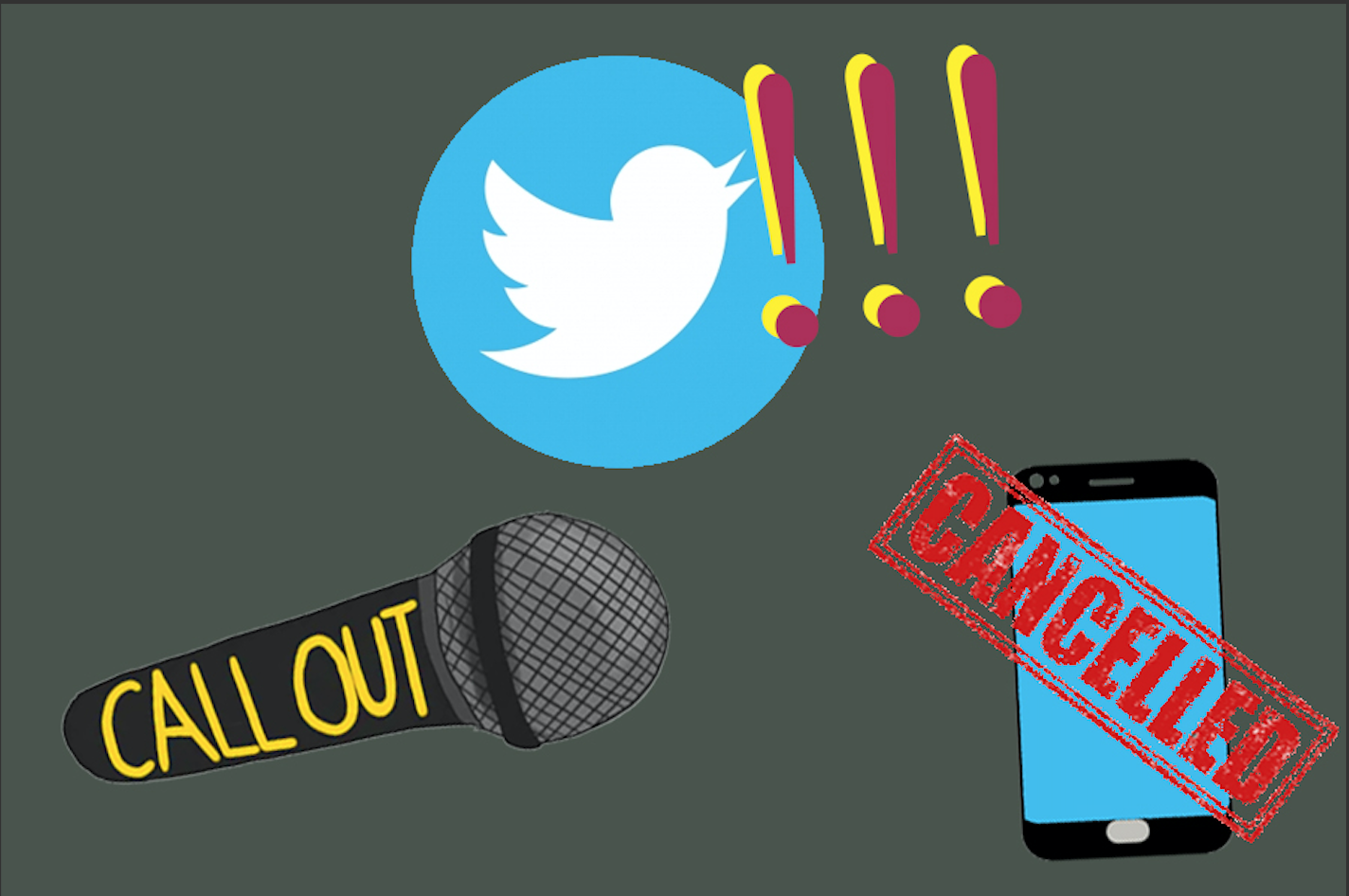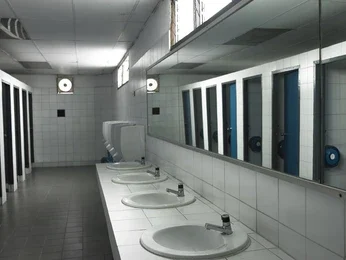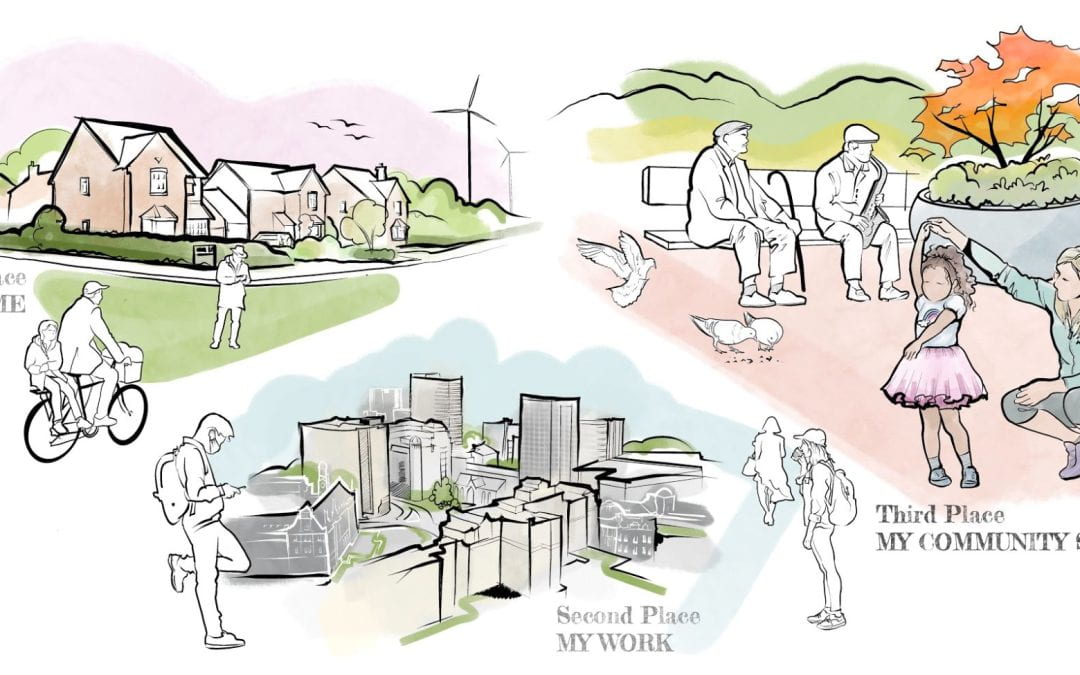Calling in Call-Out Culture
February 10, 2021
In 2006, Tarana Burke, a social activist and community organizer, began using the phrase “Me Too” as a way to shed light on victims of sexual assault who had been silenced for far too long. #MeToo caught on quickly, spreading like wildfire through social media platforms  and paving the way for the rise of a new movement. One that demanded accountability above all else: call-out culture.
and paving the way for the rise of a new movement. One that demanded accountability above all else: call-out culture.
Calling someone out is the act of publicly shaming that person for words or actions that are offensive. While the subject of the call out often varies from racist tweets and sexist “jokes” to celebrities or brands being deemed insensitive, the internet never seems to miss a beat. In theory, this is a good thing. Ignorance shouldn’t be condoned or ignored, and those who have faced oppression no longer have to sit back and take it. Yet the online world often seems too quick to transform the act of holding someone accountable into a global display of toxic “wokeness.” The smallest indiscretion can end a career and destroy a reputation—regardless of whether the offense happened yesterday or twenty years ago.
Call-out culture has become a weapon of which even the most formidable of foes are weary. It is a battle cry that sends troops rallying into TikTok comments and Twitter replies, flooding social media feeds with reposts, retweets, and little remorse. It seems that call-out culture has shifted away from its original purpose of fostering open conversations and sensitizing people to new perspectives. Instead, it increasingly dehumanizes a quintessential human attribute—the ability to make mistakes and learn from them.
It doesn’t have to be like this. If our true intent is to educate others and spread awareness, criticizing someone because they should “know better,” without actually showing them how to be better, is not the most effective way to do it.
In a survey sent to the student body of Hastings High School on this topic, the responses were overwhelmingly similar. 95% of respondents said that they believed call-out culture to be toxic, and 81% agreed that genuine accountability and growth would more likely be reached if calling people out wasn’t so centered around public shaming. Many students spoke about the difference between what call-out culture really is, and what it should be.
“As of right now, call-out culture is more about humiliating and shaming someone on the internet,” said one student, “rather than teaching them and giving them the space to learn from their mistakes, which is what it really should be about.”
So how can we get the message across that what someone is saying/doing is wrong, without ruining lives or crushing spirits?
One student had an idea. “If the call-out was done privately and from people who are closer to the person, instead of from random strangers on the internet, it would be a much more effective way for the person/people involved to become more open-minded.”
Similarly, sophomore Sarah Korosi offered this alternative to calling people out: “Tell the person respectfully and responsibly. You should speak to someone directly, not out to the whole public.”
This is something Loretta Ross, a professor at Smith College and long-time social justice activist, has been pushing for. “Calling in” is a term she coined after years of observing people use anger to combat hate online—and nothing productive coming of it.
Calling in is like calling out, but it’s done privately. It’s done with respect to the other person and invites them to have an open conversation. It’s done with the assumption that the person on the other end is capable of compassion and empathy. Calling in is an investment in another person’s growth.
Obviously, this is easier said than done. For those who might be exhausted from constantly trying to explain the gravity behind ignorant remarks, it may be a lot to ask them to reach out with compassion instead of anger. But studies have shown that when people feel shamed, they become even more rigid in their beliefs.
With that being said, there are certain things that might make us reconsider who we give a platform to. Ridiculing someone for their appearance, sexual orientation, race, gender identity, religion or disability cannot be permitted, and must be met with real consequences. However, for the majority of people, growth is possible. It’s just a matter of how we decide to help facilitate that growth. Sensitivity and perspective are things that are learned, so we must all become educators, even as we continue to learn ourselves.
Holding each other accountable is essential to creating a more equitable future, but maybe we’ve been going about it in the wrong way. Perhaps as we continue to pursue integrity and equality, we should be seeking out ways to create a more nurturing world, instead of harshening an already hostile one. Maybe from now on, we should heed Professor Ross, and ask ourselves: “why are you making choices to make the world crueler than it needs to be and calling that being ‘woke’?”
For an in-depth interview with Loretta Ross about “calling in,” check out this article in The New York Times: https://www.nytimes.com/2020/11/19/style/loretta-ross-smith-college-cancel-culture.html


















Leila Stojanovic • Feb 11, 2021 at 8:23 am
This was so well written and presented the subject and how we can be better in a very positive and mature way.
Rex • Feb 11, 2021 at 8:12 am
Great job– Someone had to say it